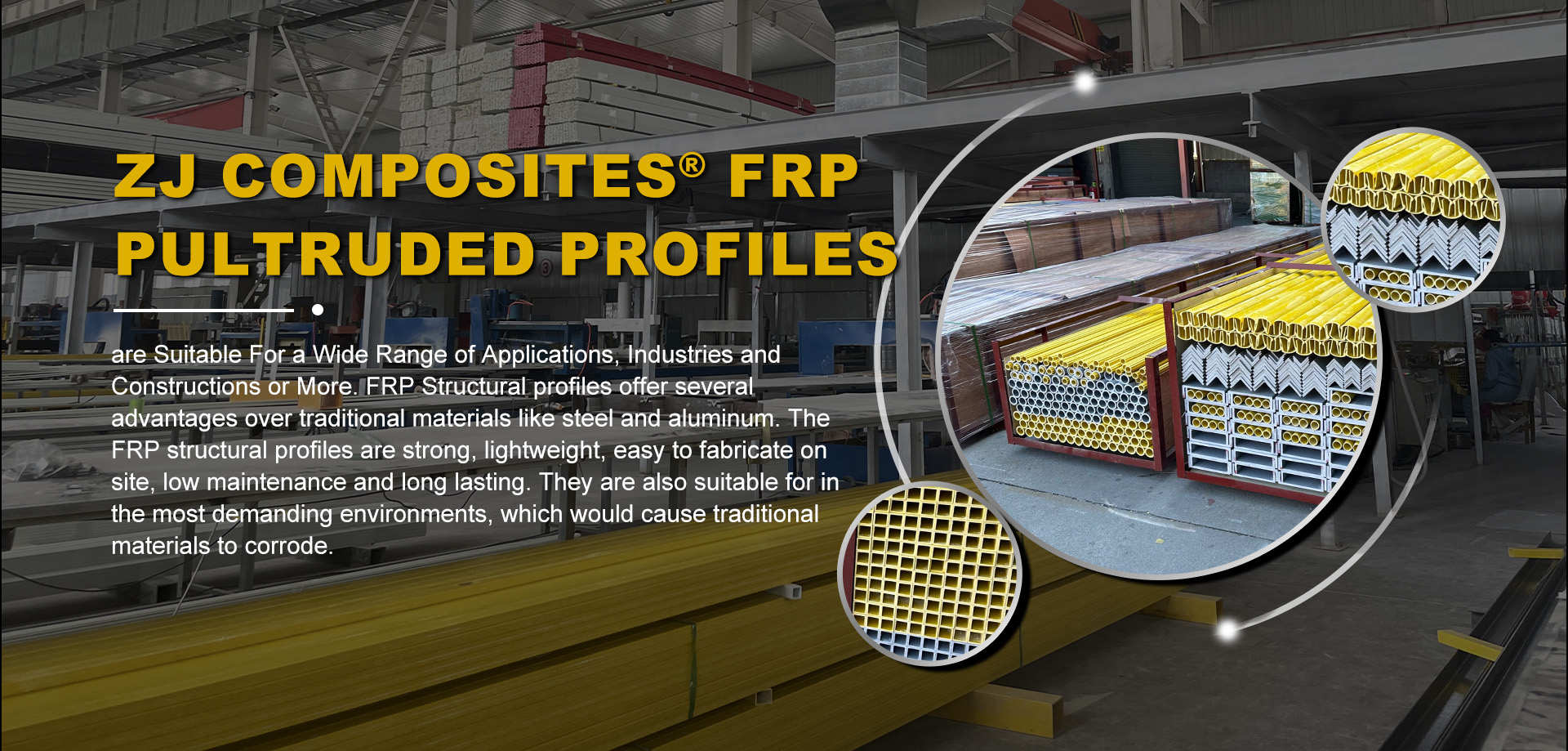loading...
- No. 9, Xingyuan South Street, Dongwaihuan Road, Zaoqiang County, Hengshui, Hebei, China
- admin@zjcomposites.com
- +86 15097380338
- Welcome to visit our website!
Modular Handrail Solutions for Safety and Style
The Benefits of Modular Handrails in Modern Construction
In the realm of construction and architecture, safety and aesthetics are paramount. Modular handrails have emerged as a popular solution, providing a blend of functionality, style, and ease of installation. These versatile systems consist of pre-engineered components that can be easily assembled and customized to meet varying needs, making them ideal for a wide range of applications.
One of the most significant advantages of modular handrails is their adaptability. Whether it’s for residential homes, commercial buildings, or outdoor spaces, these handrails can be tailored to fit any design requirement. Manufacturers often offer a variety of materials, including steel, aluminum, and even wood, allowing architects and builders to select options that complement the overall aesthetics of their projects. This customization not only enhances the visual appeal of a structure but also ensures that safety standards are met.
Safety is a primary concern in any construction project. Modular handrails are designed with rigorous safety standards in mind, offering robust support and stability. The modular nature of these handrails means that they are often tested and approved for different load requirements, ensuring compliance with local building codes. Furthermore, they can be installed quickly, reducing the risk of accidents during the construction process.
modular handrail

Another key benefit of modular handrails is their cost-effectiveness. Traditional handrail systems can be labor-intensive and time-consuming to install, leading to increased labor costs. In contrast, modular handrails can be put together with minimal effort and resources. This not only shortens the construction timeline but also reduces the overall costs associated with labor and materials.
Moreover, the maintenance of modular handrails is relatively straightforward. Many materials used in modular systems are resistant to corrosion and wear, ensuring longevity and reducing the need for frequent repairs. Regular inspections and basic cleaning are usually sufficient to keep these handrails in prime condition, making them a practical choice for property owners.
Finally, with an increasing emphasis on sustainability in construction, many modular handrail manufacturers are offering eco-friendly options. Recyclable materials and energy-efficient production processes are becoming common, appealing to environmentally conscious builders and clients.
In conclusion, modular handrails present a dynamic solution for modern construction projects. Their adaptability, safety features, cost-effectiveness, low maintenance requirements, and sustainability make them an excellent choice for any builder or designer looking to enhance safety without compromising on style. As the construction industry continues to evolve, the popularity and relevance of modular handrails are likely to grow, paving the way for safer and more efficient building practices.
-
The Rise of FRP Profiles: Strong, Lightweight, and Built to LastNewsJul.14,2025
-
SMC Panel Tanks: A Modern Water Storage Solution for All EnvironmentsNewsJul.14,2025
-
GRP Grating: A Modern Solution for Safe and Durable Access SystemsNewsJul.14,2025
-
Galvanized Steel Water Tanks: Durable, Reliable, and Ready for UseNewsJul.14,2025
-
FRP Mini Mesh Grating: The Safer, Smarter Flooring SolutionNewsJul.14,2025
-
Exploring FRP Vessels: Durable Solutions for Modern Fluid HandlingNewsJul.14,2025
-
GRP Structures: The Future of Lightweight, High-Performance EngineeringNewsJun.20,2025
